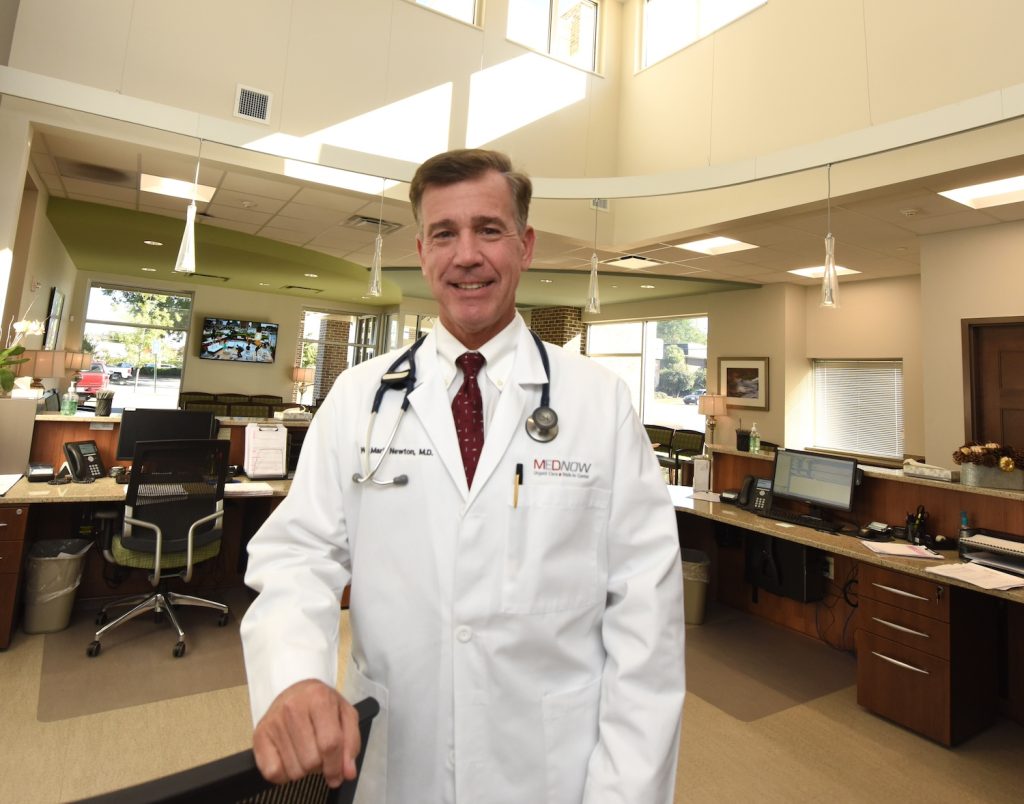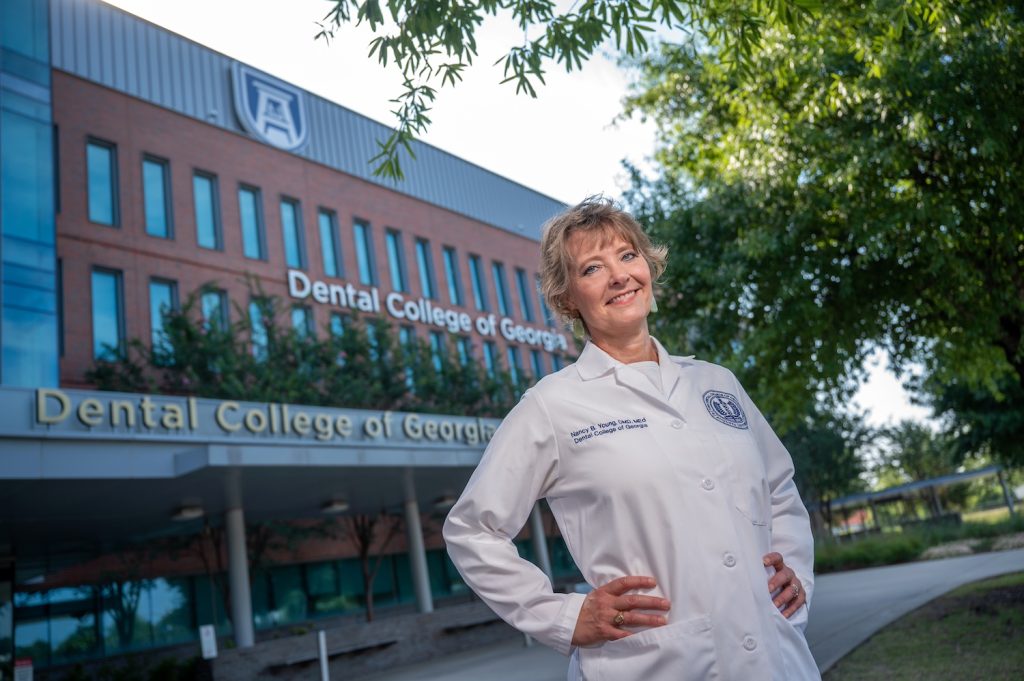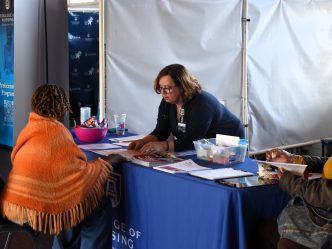More than a decade ago, Georgia became the first state in the nation to offer a tax deduction to preceptors, community-based physicians who provided uncompensated training to the state’s medical students.
By 2019, the Georgia General Assembly took the program a step further by converting the former tax deduction and replacing it with a tax credit applicable to an individual’s state income tax.
“As the fourth largest medical school in the country and the state’s dedicated health sciences university, we couldn’t do what we do without the support of the legislature, our alumni, physicians, nurses, dentists and allied health professionals around the state of Georgia,” said Augusta University President Russell T. Keen. “I am incredibly grateful to the Georgia General Assembly for providing us tools to be successful in our mission.”

“This bill would be a major benefit to Augusta University, the Medical College of Georgia and the Dental College of Georgia. I’m grateful Rep. Newton has sponsored this bill for the future of health care across the state.”
Augusta University President Russell T. Keen
The current program allows community-based preceptors to earn tax credits for providing community-based clinical training for students from the state’s medical, osteopathic, advanced practice nursing or physician assistant educational programs.
Earlier this year, State Rep. Mark Newton, R-Augusta, introduced House Bill 144 which proposes changes to the preceptor tax incentive program that would positively impact preceptors and their students, especially those in dentistry.
“This bill makes dentists eligible as community-based faculty preceptors,” Keen said. “This would be a major benefit to Augusta University, the Medical College of Georgia and the Dental College of Georgia. I’m grateful Rep. Newton has sponsored this bill for the future of health care across the state.”

The bill sponsored by Newton, who is a 1988 alumnus of the Medical College of Georgia, adds dentistry to the program and proposes to offer $1,000 for each preceptorship rotation, including $750 for advanced practice nurses and physician assistants for each preceptorship rotation with a maximum of 10 rotations per calendar year, and extends the sunset to 2030.
For years, this program has provided a way for Georgia’s educational partners to recognize those uncompensated community-based preceptors who are training the next generation of health care providers across Georgia.

“I want to sincerely thank Rep. Mark Newton for sponsoring this bill. I’m hoping that it will allow growth in clerkship programs statewide by lessening the financial burden of the partners who help educate our students.”
Dental College of Georgia Dean Nancy Young, DMD
Dental College of Georgia Dean Nancy Young, DMD, applauded Newton for sponsoring HB 144 and including dentistry in his proposed expansion of the Preceptor Tax Incentive Program.
“I want to sincerely thank Rep. Newton for sponsoring this bill,” Young said. “I’m hoping that it will allow growth in clerkship programs statewide by lessening the financial burden of the partners who help educate our students.”
Georgia Statewide Area Health Education Centers, charged with the administration of the PTIP program, is led by Denise Kornegay, associate dean of AHEC.
“Georgia has led the nation in implementing innovative programs to reward our community-based preceptors,” Kornegay said. “While we were the first to enact this legislation, many other states have followed. There is even a federal bill pending to allow tax credits for nursing preceptors.”
 Augusta University
Augusta University




